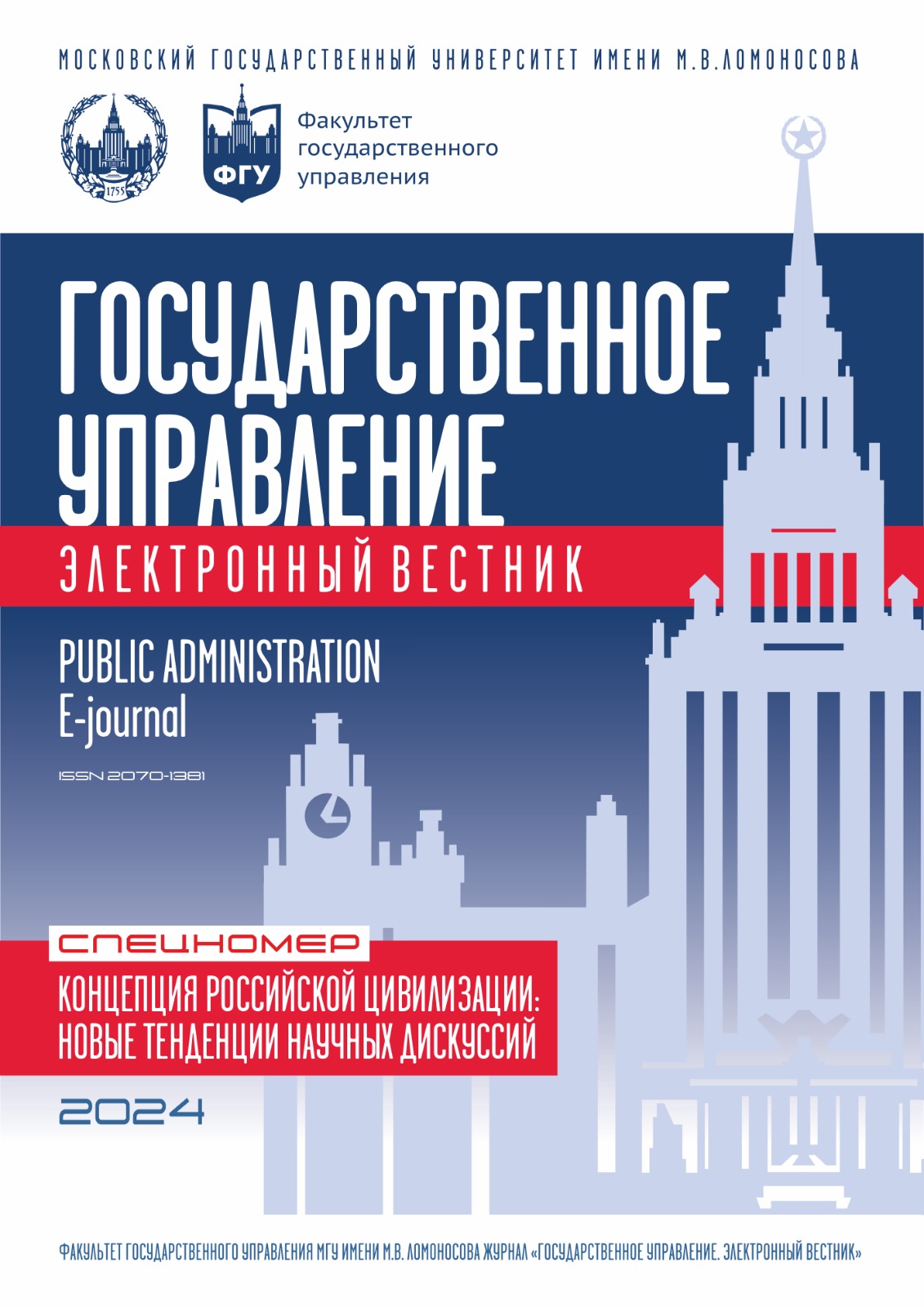Human Capital: Economic Nature and Influence of Artificial Intelligence in the Context of Sustainability during the Period of Civilization Transformation
Keywords:
Human capital, self-increasing value, digitalization, artificial intelligence, civilization transformation, sustainable development, innovation process.Abstract
Human capital management mechanisms are rapidly developing due to the dynamic nature of socio-economic changes and the emergence of innovative technological solutions. The transition to a new stage in the development of civilization means a change in people’s attitude to creating a material basis and ensuring existence. Most of the functions of people will eventually move into the phase of creative creation and management of these relationships, rather than direct participation in them. These trends are intensifying with the development and widespread dissemination of artificial intelligence, to which people begin to transfer an increasing number of functions to ensure the material basis for their own existence and development. The nature of labor is changing, and, consequently, the requirements for human capital are changing. Studying the nature of human capital as a self-increasing value and identifying the internal laws of innovative development make it possible to build a human resource management system in the context of sustainability by identifying the core of this system, the internal impulse and the mechanism of its dynamic development. Which is of particular importance for leveling risks and preventing the negative consequences of new challenges of our time. The transformation of modern society can be considered from this point of view as a transition period to a new view at human and his/her relationship with the environment, including human’s attitude to himself and his/her own environment (both personal and business), to nature, to the state and the world order.
References
Акаев А.А., Садовничий В.А. Математические модели для прогнозирования большого цифрового цикла развития мировой экономики (2020–2050 гг.). М.: Изд-во Московского университета, 2023.
Аникин В.А. Человеческий капитал: становление концепции и основные трактовки // Экономическая социология. 2017. Т. 18. № 4. С. 120–156. DOI: 10.17323/1726-3247-2017-4-120-156
Аузан А.А. Цифровая экономика как экономика: институциональные тренды // Вестник Московского университета. Серия 6: Экономика. 2019. № 6. С. 12–19.
Бодрунов С.Д. Ноономика: траектория глобальной трансформации. М.: ИНИР; Культурная революция, 2020.
Данилевский Н.Я. Россия и Европа. М.: Институт русской цивилизации, 2008.
Кудина М.В. Теория стоимости компании. М.: ИД «ФОРУМ», «ИНФРА-М», 2010.
Леонтьев Д.А. Личностный потенциал как составляющая человеческого потенциала // Человеческий потенциал: современные трактовки и результаты исследований / под науч. ред. Л.Н. Овчаровой, В.А. Аникина, П.С. Сорокина. М.: ВЦИОМ, 2023. С. 50–65.
На пути к ноономике: человек, технологии и общество в пространстве ассоциированного производства и потребления / под ред. А.В. Бузгалина, А.И. Колганова. М.: ИНИР им. С.Ю. Витте, 2020.
Никонов В.А. Код цивилизации. Что ждет Россию в мире будущего. М.: Издательство «Э», 2015.
Никонов В.А. Код цивилизации. М.: ООО «Русское слово», 2020.
Сушенцова М.С., Аникин В.А. Эволюция концепции человеческого потенциала в экономической науке // Человеческий потенциал: современные трактовки и результаты исследований / под науч. ред. Л.Н. Овчаровой, В.А. Аникина, П.С. Сорокина. М.: ВЦИОМ, 2023. С. 9–25.
Тапскотт Д. Технология блокчейн: то, что движет финансовой революцией сегодня. М.: Эксмо, 2017.
Человеческий потенциал: современные трактовки и результаты исследований / под науч. ред. Л.Н. Овчаровой, В.А. Аникина, П.С. Сорокина. М.: ВЦИОМ, 2023.
Шпенглер О. Закат Европы. Очерки морфологии мировой истории. М.: Айрис-пресс, 2003.
Шумпетер Й. Теория экономического развития. М.: Эксмо, 2007.
Heckman J.J., Humphries J.E., Vermendi G. Returns to Education: The Causal Effects of Education on Earnings, Health, and Smoking // Journal of Political Economy. 2018. Vol. 126. P. 197–246. DOI: 10.1086/698760
Mahbub ul Haq. Reflections on Human Development. New York: Oxford Press, 1995.
Marx K. Das Kapital: Kritik der politischen Oekonomie. Vol. 1: Der Produktionsprozess des Kapitals. Hamburg: Verlag von Otto Meissner, 1867.
Merrifield B.D. Obsolescence of Core Competencies versus Corporate Renewal // Technology Management. 1995. Vol. 2. Is. 2. P. 73–83.
Sen A. Resources, Values and Development. Cambridge (Massachusetts), London: Harvard University Press, 1997.
Tapscott D. The Digital Economy: Promise and Peril in the Age of Networked Intelligence. New York: McGraw-Hill, 1994.
Tapscott D., Tapscott A. Blockchain Revolution: How the Technology behind Bitcoin is Changing Money, Business, and the World. New York: Penguin, 2016.
Tapscott D., Williams D. Wikinomics: How Mass Collaboration Changes Everything. New York: Portfolio, 2006.

